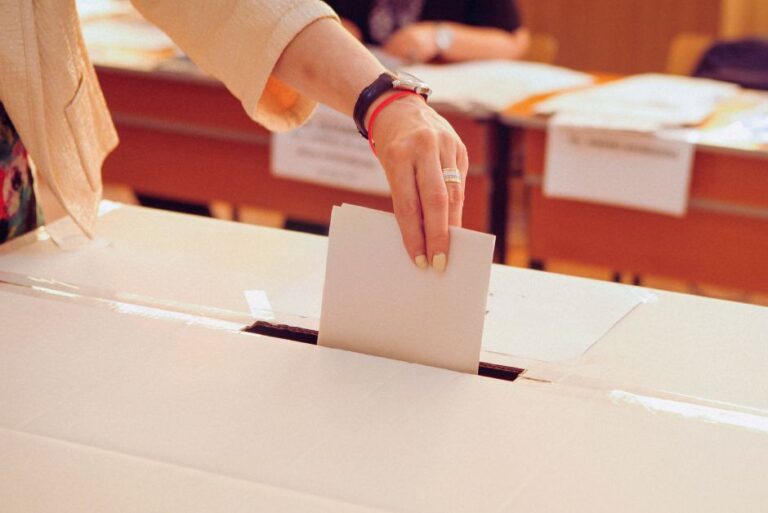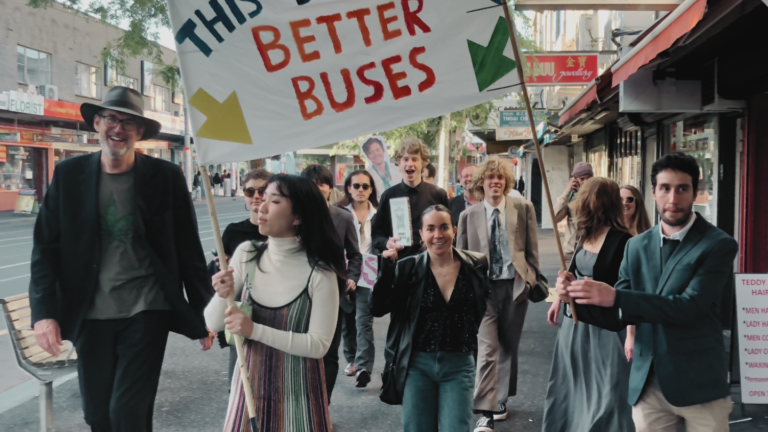3 August, 2023
Legislative Council of Victoria, Melbourne
David ETTERSHANK (Western Metropolitan Region):
My adjournment matter is addressed to the Minister for Health. The Voluntary Assisted Dying Act 2017 was a landmark piece of legislation allowing a person entering the final stages of a terminal illness to end their suffering with dignity at a time of their choosing. It is a humane law that gives comfort to many terminally ill Victorians, knowing that when their time comes, they have some measure of control over their suffering. But there are issues around accessibility and eligibility in the legislation that are denying Victorians this comfort, instead leaving them to live out their final days in pain and distress.
The prohibition on telehealth consultations related to voluntary assisted dying is creating enormous obstacles for terminally ill Victorians living in remote and rural areas. The shortage of doctors in regional Victoria who are trained to help terminally ill patients access the program is forcing people – often bedridden and suffering immense pain – to travel for hours to Melbourne to visit specialists. The process is so protracted that some abandon it as their condition worsens. In the case of Warragul resident Alan Clark, his condition restricted his ability to attend the multiple in-person appointments with doctors, and the process for approval was so long that, despite applying to the program six months beforehand, Alan died the day before he was due to receive his VAD medication. This ban on telehealth consultations is discriminatory and has created a country–city divide in accessing VAD.
VAD is not available to the thousands of Victorians suffering from dementia and neurodegenerative conditions. The number of sufferers continues to grow exponentially. While we recognise that the inclusion of people experiencing dementia, Alzheimer’s and other neurodegenerative conditions into the voluntary assisted dying program will raise many challenging questions, particularly around the issue of mental competency, this does not mean that we should abrogate our responsibilities as lawmakers to address these complex matters. On the contrary, if as legislators we fear addressing such crucial and compelling moral questions, we should ask ourselves: why are we here?
While we are told that the current review of the act will only be an operational review, this must not prevent defects in the legislation being identified and addressed to ensure that the VAD program is fair and accessible. So the action I seek is an assurance from the minister that the issues I have highlighted around accessibility and eligibility will be considered as part of the review.
Written Answer
Received: 4 October 2023
Hon Mary-Anne Thomas MP
(Minister for Health, Minister for Health Infrastructure, Minister for Ambulance Services)
The inability to use telehealth for voluntary assisted dying services is an ongoing and significant issue which affects equity of access and quality of life for people seeking access to voluntary assisted dying. The restriction on the use of telehealth not only affects access to consultations with medical practitioners but also affects consultations with other health professionals and the Statewide Care Navigator Service.
The Commonwealth Criminal Code Act 1995 (the Code) makes it an offence to use telehealth and other carriage services to convey a message that counsels or incites committing suicide. This law does not differentiate voluntary assisted dying from suicide, hence the inability to use telehealth to assist Victorians to access voluntary assisted dying.
The Victorian Government has asked the former and current Australian governments on multiple occasions since early 2020 to amend the Criminal Code, so terminally ill Victorians wishing to access voluntary assisted dying can do so using telehealth where this is appropriate. This issue was last discussed by the Standing Council of Attorneys-General at their April 2023 meeting. The Victorian Government continues to advocate for amendment of the Criminal Code.
Regarding the five-year review of the operation of the Voluntary Assisted Dying Act 2017, targeted stakeholder consultations will occur later in 2023 across different consultation formats. During the consultation, participants can provide feedback on topics such as access to voluntary assisted dying and how the eligibility criteria has impacted their own experience of access. The Centre for Evaluation and Research Evidence is conducting the review and will incorporate what it hears during consultations in its final report.
[ENDS]





